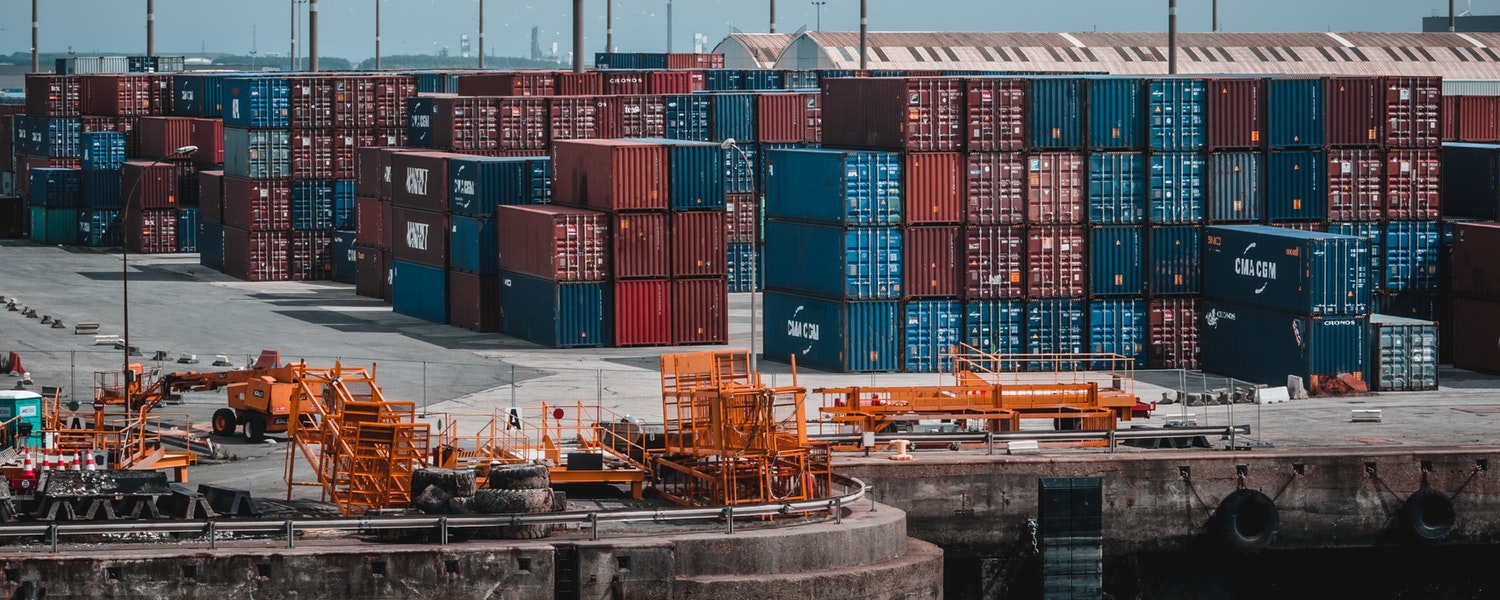The unified customs register of intellectual property objects of the Eurasian Customs Union (EACU), the agreement on which was ratified back in 2010, did not work in reality and was officially liquidated in 2018.
It was replaced by the Unified customs register of intellectual property objects of the Eurasian Economic Union (EAEU).
The Customs enforcement of intellectual property rights with the Unified customs registry is the same for all member states of the Union: Armenia, Belarus, Kazakhstan, Kyrgyzstan, and Russia.
At the same time, national Customs registers of Intellectual property objects continue to function, which are accompanied by local customs authorities.
Only those objects that obtained the appropriate registration in all five countries can be included in the EAEU Customs register.
The following information can be entered into Eurasian Economic Union Customs register:
• trademarks and service marks;
• objects of copyright and related rights.
The EAEU Customs Code also identifies the Appellations of origin of goods as an object, but such an object isn`t mentioned in the Regulations describing the EAEU Customs register mechanism.
An application for the enter IP object should be sent to the special department of the Eurasian Economic Commission, located in Moscow.
The application can be submitted by the right owner, but only if it is registered in one of the five Member States, or by the local representative.
If the rights to the object in different countries belong to different persons, it is also necessary to add powers of attorney from other right owners to the supporting documents (certificate, data from the relevant state register, license agreement, etc.). The power of attorney should be in force for all countries of the Union.
It is important that the application will be accepted only if there is evidence of a violation of IP rights in the territory of the EAEU or there are facts of movement/attempts to move counterfeit goods across the customs border of the Union.
The application should also include information on official importers/exporters, carriers and traffic routes, customs posts through which the goods are moving, as well as information about the product itself – appearance, distinguishing features, packaging, transportation conditions, and the subsequent documentation.
In this case, the right owner may indicate cases and rules when customs clearance of products will not be considered as a violation of intellectual property rights.
After receiving the application, the Commission is given three working days to process it. The department only assesses the correctness of the application and providing all necessary documents. If the application is filled out incorrectly, the Commission will send a notification to the applicant with a proposal to finalize the application.
If the department took a positive decision, the information is sent to the national customs departments of five countries. They have 30 working days to verify the accuracy of the information and documents provided.
If at least one national customs department admits the information in the application is false – a refusal will be issued in respect of the entire application.
Data on the IP object may be entered into the register for a period of up to two years (but no more than the duration of protection in member countries) with the right to extend this term.
Entering information into the registry is free of charge. However, it is mandatory to take out insurance or provide security in the amount of at least 10 thousand euros, in equivalent, within a month after a positive decision to record the information in Customs register.
If during the movement through the border, a customs officer reveals signs that the goods are non-original, the clearance of such goods is suspended for a period of 10 working days.
Within one business day after the suspension of clearance of goods, customs sends a notification to the owner of the goods and the right owner (or a representative). Customs also informs the parties of each other’s contact details.
Based on the results of the consideration of the responses of the parties, the goods may be seized, confiscated, or their customs clearance may continue. The right owner may also initiate legal proceedings.
Today, the EAEU member states are finalizing their information systems and it is expected that the Unified customs registry will start to operate in the summer of 2020.
If you have any additional questions as to Customs enforcement of intellectual property rights in EAEU, Unified customs register of intellectual property rights objects of Union member states please contact us info@craneip.com or +380 44 3 55555 7.

